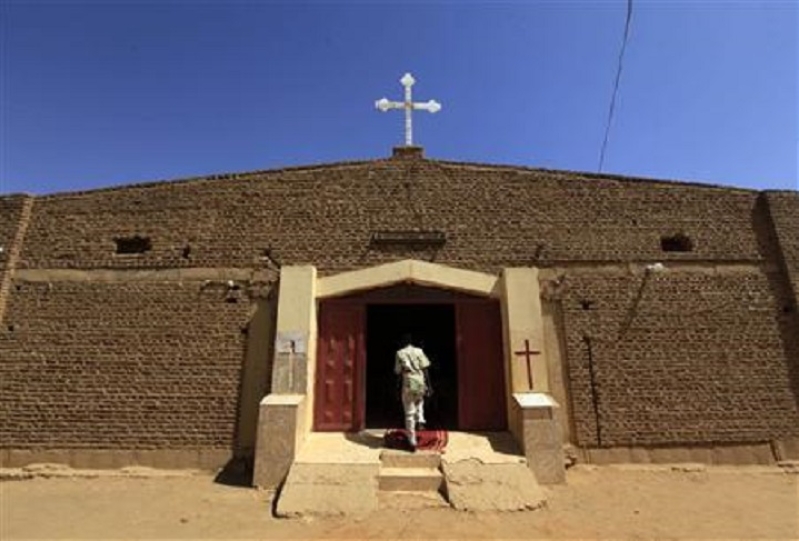
At least 25 Christian churches in Khartoum state in Sudan are in danger of being demolished because they were “trespassing into residential areas.”
While Khartoum officials have been giving Muslims the green light to build places of worship, they have reportedly done the opposite for Christians, refusing to approve the areas where they planned to build churches, according to Radio Tamazuj.
This was the government’s response even though Christian churches typically buy the land where their places of worship would be set up.
Meilad Musa, a member of the Sudanese Christian Church, told Radio Tamazuj that the order to demolish the 25 Christian churches had already been given.
“The decision has already been issued, the 25 churches are from different denominations in Sharq Al-Neel, so we are calling on the government to give us our rights as Christians,“ Musa said.
Rev. Yahya Abdurrahman, pastor at Evangelical Church in Sudan, said the order to demolish the churches was a deliberate effort of the government to target Christians, which he said was a “flagrant violation of religious freedom.”
“This move targets the churches in Khartoum, because they always acclaim that these churches have trespassed into public places, but it I think it a plan,” he said.
The level of Christian persecution in predominantly Muslim Sudan is considered extreme, according to Open Doors USA. This stems mostly from Islamic oppression and the authoritarian rule of Pres. Omar al-Bashir.
“Persecution in the country is systematic and reminiscent of ethnic cleansing,” the organization said. “Under the authoritarian rule of al-Bashir and his party, there is no true rule of law in Sudan; freedom of expression has been almost entirely curtailed.”
“The ethnic-cultural landscape is complicated and divisive: Arab versus Ethnic Africans, Muslims versus Christians,” it added.
Since 1993, Sudan has been in the World Watch List of countries where Christians are most persecuted. This year, it was ranked at number five.
The government’s implementation of a “one-religion, one culture and one language policy” triggers attacks toward Christians, sometimes resulting in arrest and murder.
In 2014, the government imposed a ban on the building of new Christian churches. Shalil Abdullah, minister for Guidance and Religious Endowments, announced that with South Sudan being separated from the country, the remaining churches were “sufficient for Sudan’s Christian population,” Independent Catholic News reported.
The ban was a cause for concern, according to Christian Solidarity Worldwide chief operating officer Andy Dipper. He said it violated the citizens’ right to freedom of religion, which the Sudanese Interim Constitution supposedly protects.
“This policy, and the continued practice of demolishing and confiscating church land, constitutes a violation of the right to freedom of religion or belief, guaranteed in article 6 and 38 of Sudan’s Interium Constitution as well as article 18 of the International Covenant on Civil and Political Rights, to which Sudan is signatory,” Dipper said.







